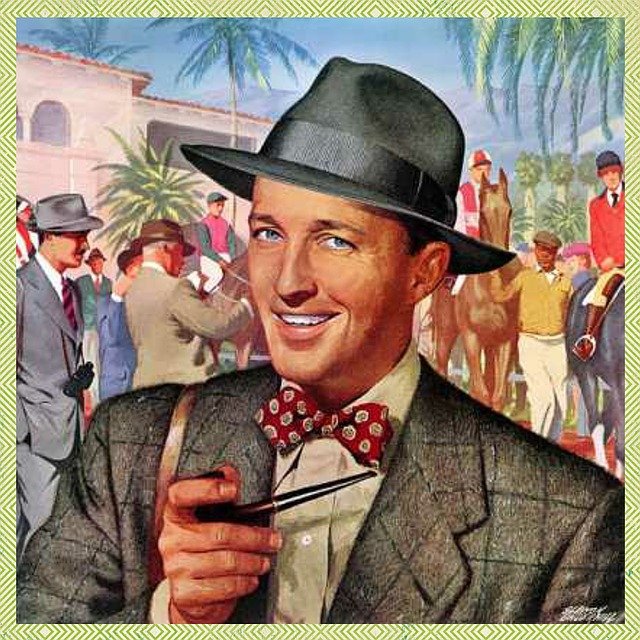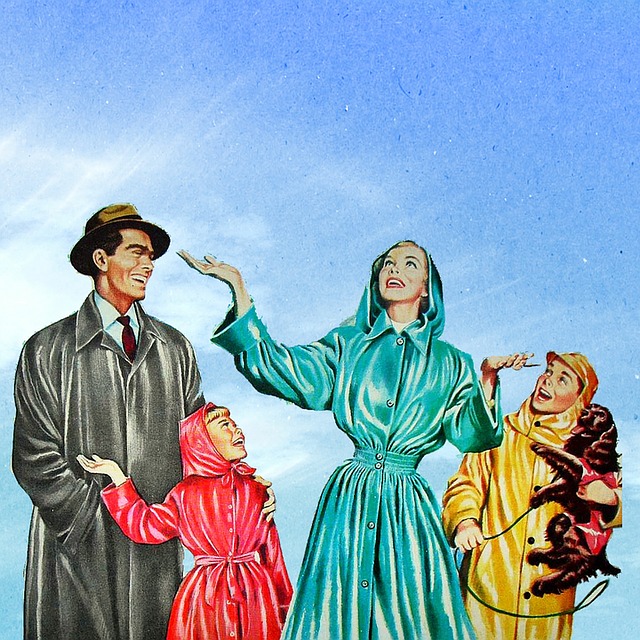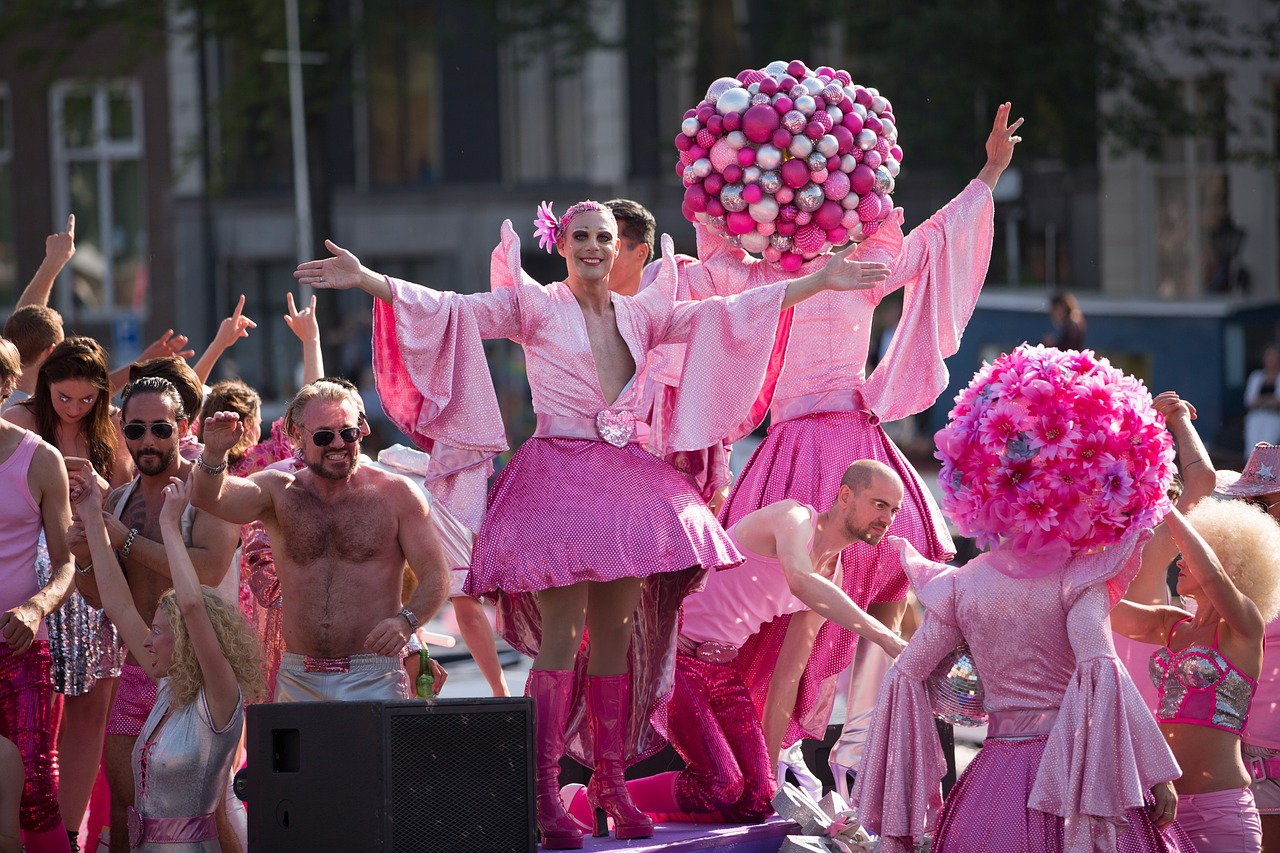 I’ll start by mentioning Curtis Yarvin’s latest article, which was not very well received in the corner of the internet where he and many other right-wing intellectuals have sought refuge from the contemporary shitstorms. Yarvin draws a parallel with the world of Tolkien, where the ruling elite are described as elves and ordinary people as hobbits.
I’ll start by mentioning Curtis Yarvin’s latest article, which was not very well received in the corner of the internet where he and many other right-wing intellectuals have sought refuge from the contemporary shitstorms. Yarvin draws a parallel with the world of Tolkien, where the ruling elite are described as elves and ordinary people as hobbits.
The elves want to live beautiful lives, while the hobbits barbecue and devote themselves to family. Friction arises. And on top of that, there are dark elves who secretly side with the hobbits. Rarely has such a mediocre analogy been heard, and many with sharper pens than mine have criticized his text.
People are difficult to divide into classes, as Yarvin describes; elves, hobbits, dark elves, or even elite, middle class and working class. Today’s fast-moving society presents many challenges to historians and social scientists alike.
Our modern era is awash with unlikely elites and figureheads, such as Lenin, Yeltsin, Mandela and many others. Even Putin, Trump and Biden belong to this crowd of people who would hardly have been predicted as world leaders a few years before their accession. And who was an elite in one era might be a pariah in the next? Many a formerly pompous eastern bloc politician came home with a black eye after 1989, and a former shipyard worker became president of Poland, etc. etc.
The term elite may have become mostly an accessory for the trendy urban class, but they are not the ones in charge, they are at best clients or so-called NPCs. The real ruling class is trash; consciously or unconsciously they are engaged in corrupting our society both economically and culturally. I have written about this countless times.
Yarvin made himself famous for his analogies between politics and the new economy of Silicon Valley. He argued that democracy was tired and flawed, and that it would be more natural to think of society as a startup, with an enterprising entrepreneur running the show. It would be more efficient and functional, and above all, freer. There was a whiff of freedom in the air at the time; the early internet pioneers wanted to create a digital oasis on earth, where information and culture would flow freely.
However, I have always been sceptical of the autocratic entrepreneur, not that I think our current democratic system is particularly fair or free. No, but I find it hard to reconcile myself with the lone despot, who I think is essentially an oriental figure of thought, like pharaohs and Persian mighty kings, not really at home in Europe.
If we had to choose between a lone ruler or a group of individuals ruling our country, which form would we choose? The starting point is that everyone is enterprising and has good ideas.
Personally, I find it easier to look at the exercise of power from the perspective of a group of individuals. The archetype is probably the old European nobility, or even older northern and central European social organisation, with the council of elders, town councils, etc.
The question is, how large can the aristocratic group become? Should it be limited, or can all enterprising people in a society be included?
Now we are approaching republicanism and democracy, for this is the basic idea, that all reasonable people in society should have a voice. And notice that the extended aristocracy can work splendidly, right down to popular government and democracy.
As long as society is united and coherent, and everyone is behind the major strategic goals, it is highly functional. Political votes will be mostly about details, the courts will rule on traditional disputes between neighbours. Beyond that, individuals have the power to govern their own lives. Communal governance rarely reaches family life and the private sphere. And this is due to the similar character and culture of the inhabitants.
And in cases where serious discord breaks out, the community can be divided. New communities are born, with new leaders, united by their own similarities. This is difficult to do today, when our states are rigid, bureaucratised and over-regulated. There is no room for manoeuvre, no way out. The phenomenon is described today in terms of increased polarisation in society.
Finally, perhaps we should most reluctantly admit that Yarvin’s utopia is becoming a reality, though perhaps not as it was intended, with rich entrepreneurs having more and more say. Money travels via think tanks, organisations and lobby groups to those parts of the deep state where it can have the most impact, cunningly bypassing democracy, without its creators being seen or held to account. Freedom, however, is increasingly conspicuous by its absence.







